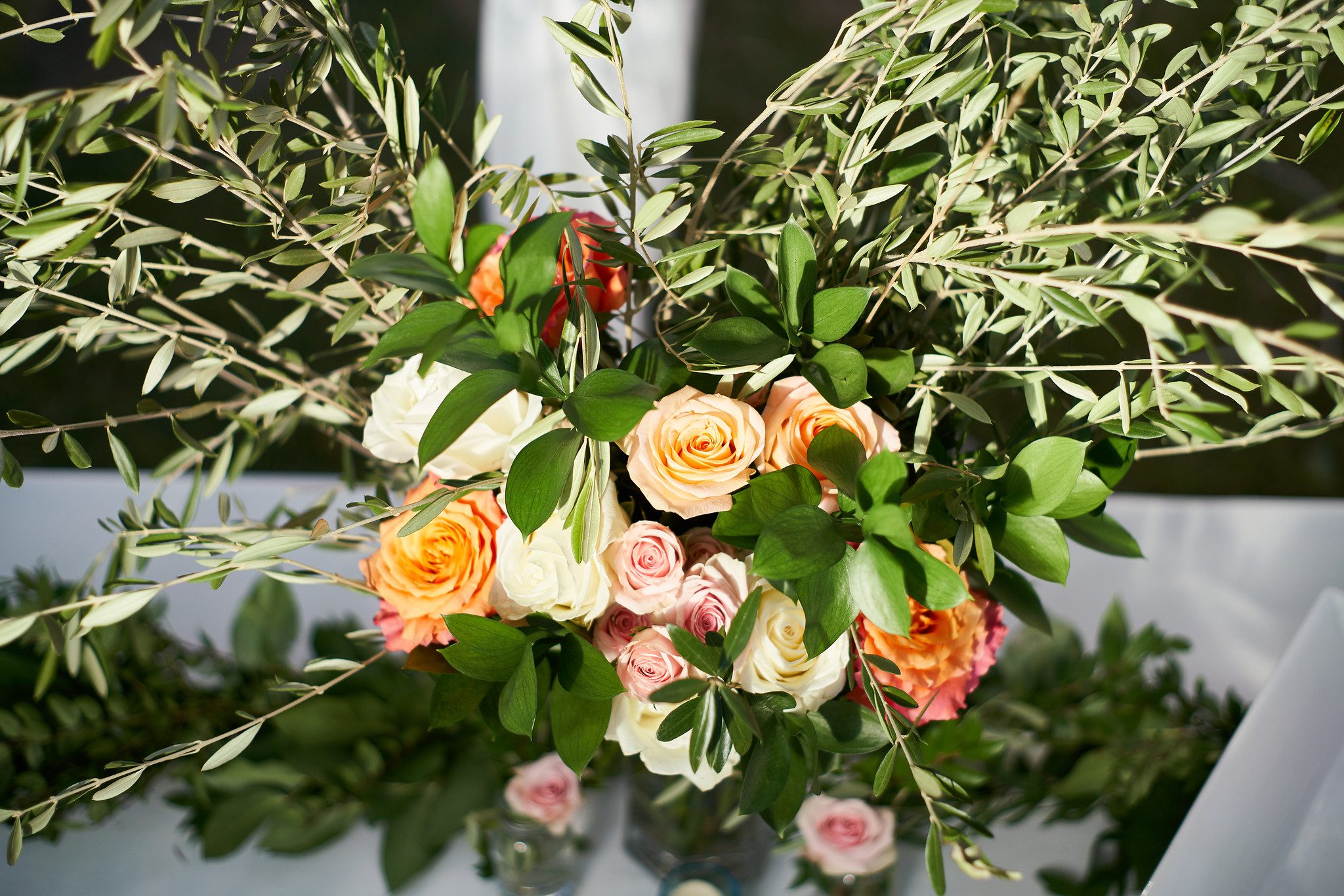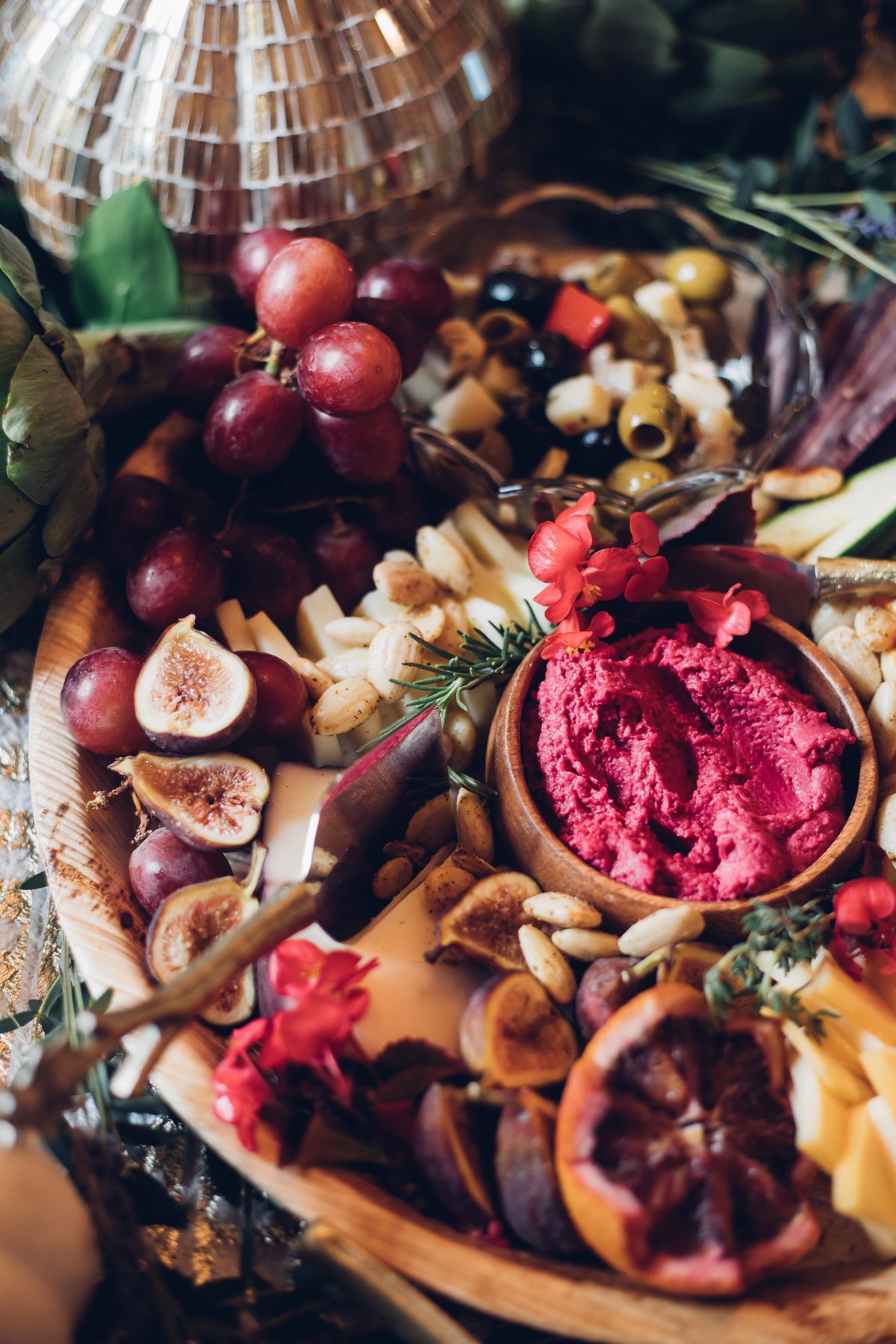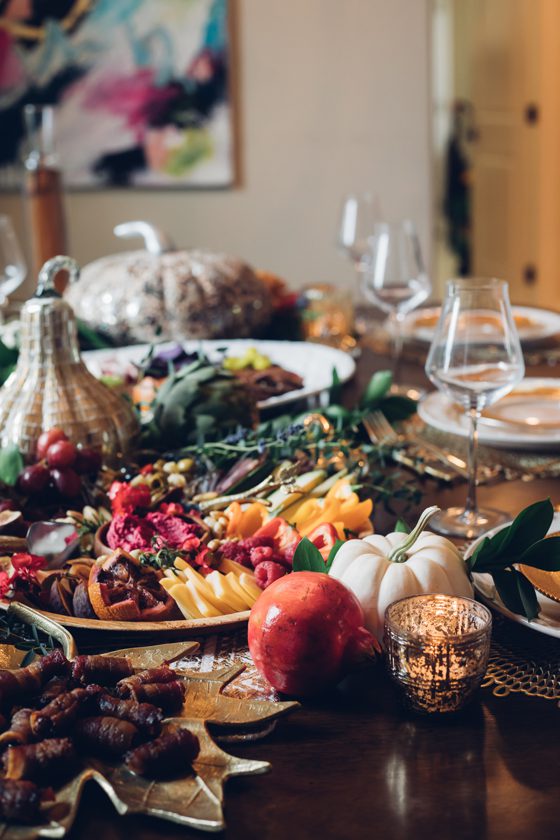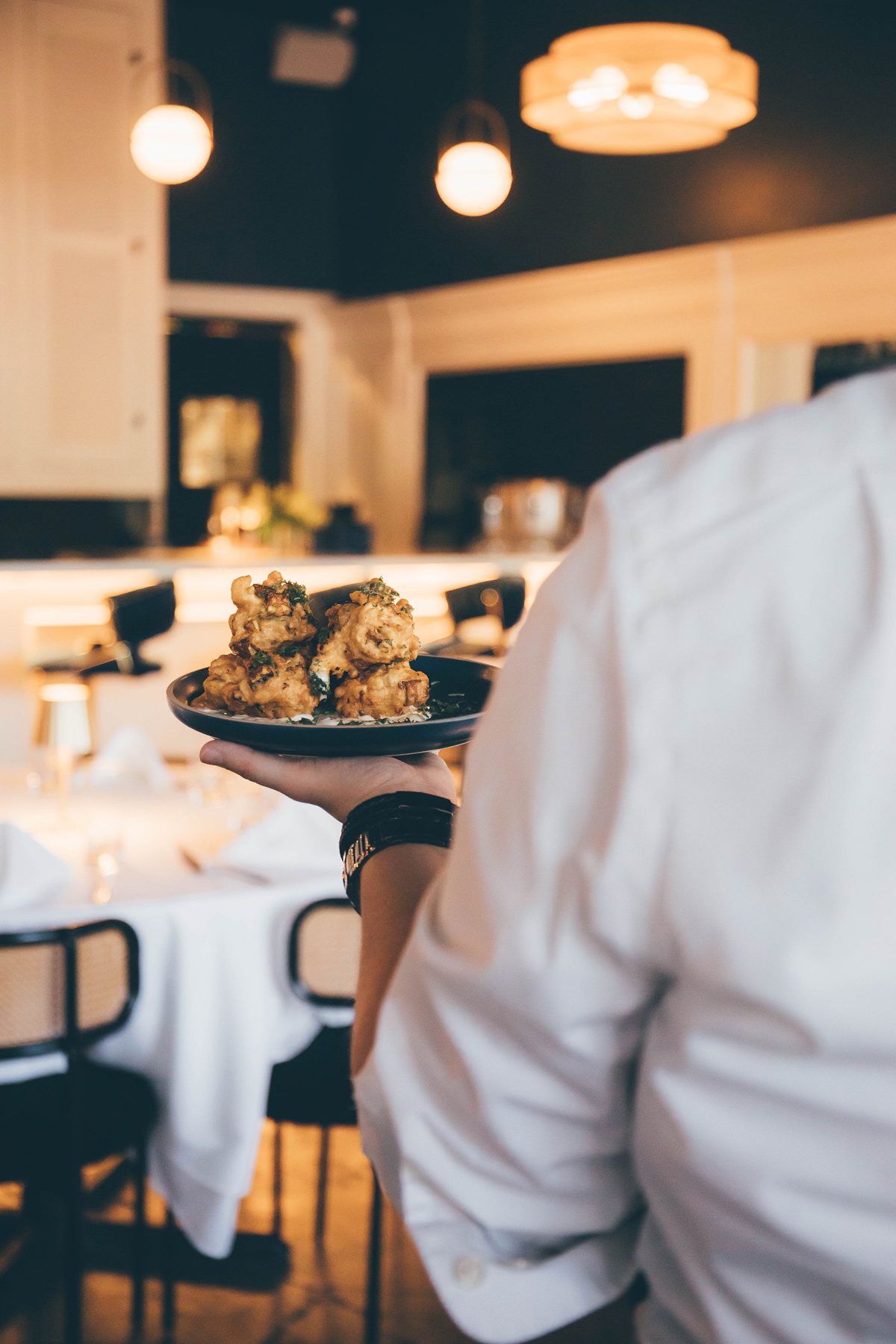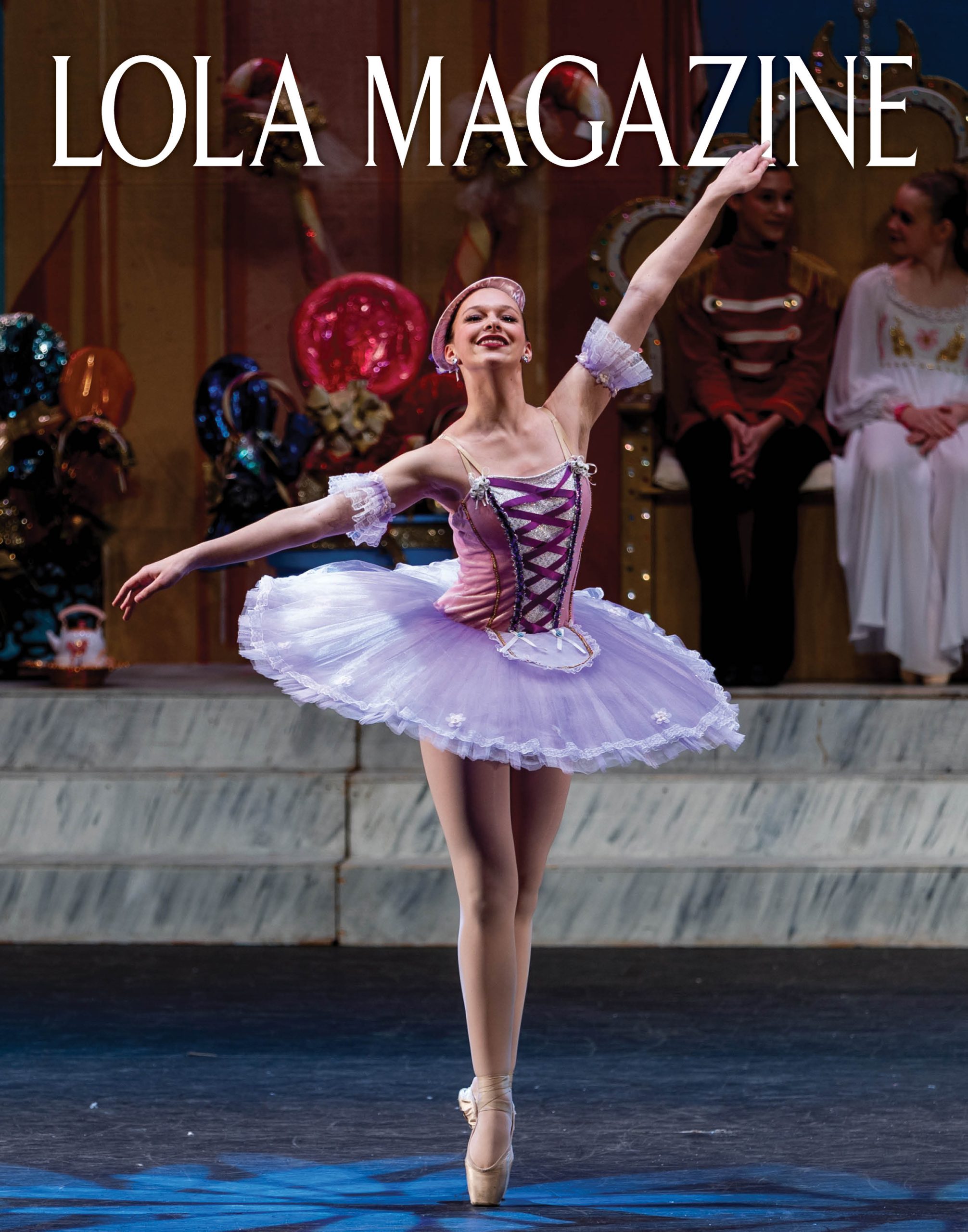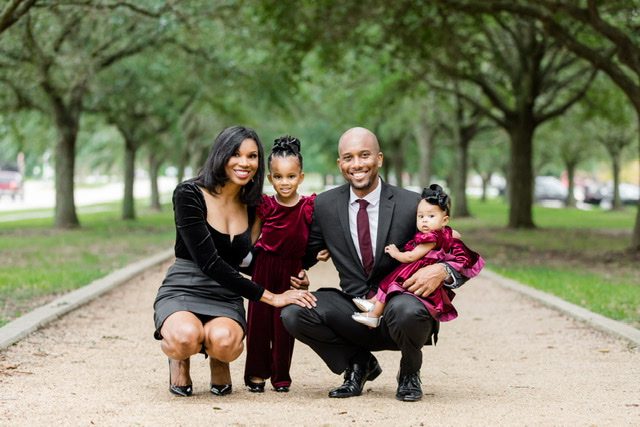“I don’t care if you are pink, blue, or purple. We are all part of the human race. I don’t have a racist bone in my body, so I don’t even look at race!”
I screamed. I did not mean to scream, but I did. Typically, I would have offered a fake smile to make the moment less awkward. This time, I could not do it. My week had been far too heavy to carry the additional burden of making someone else feel comfortable.
“Stop! Please don’t EVER say that to anyone again. Not only is it a lie, but it is extremely annoying AND offensive.” The day I finally let this out was the day I decided that it was time to start having crucial conversations about race. Readers, the next time you say, “I don’t see color” or “I’m colorblind,” I want you to know that your good intentions are rarely realized. When I hear it, I think “coward” and “selfish.” I think the speaker lacks the courage to engage in conversations that may expose difficult realities. I think the speaker is comfortable in his or her ability to lack consideration of others.
Maintaining spaces where healthy, happy relationships exist is important to me. I am a 38-year-old black woman. I have been the wife to an incredible man for almost 7 years. We get to raise our two girls, Lillian Charlotte, age 4, and Lia Catherine, age 1, in a quiet, diverse community, right outside of Baton Rouge. I’m a 2004 graduate of Louisiana Tech University and a 2008 graduate of LSU Law. My husband Levar and I work extremely hard to ensure great opportunities for our girls.
I am writing this article because I “lost a dare.”
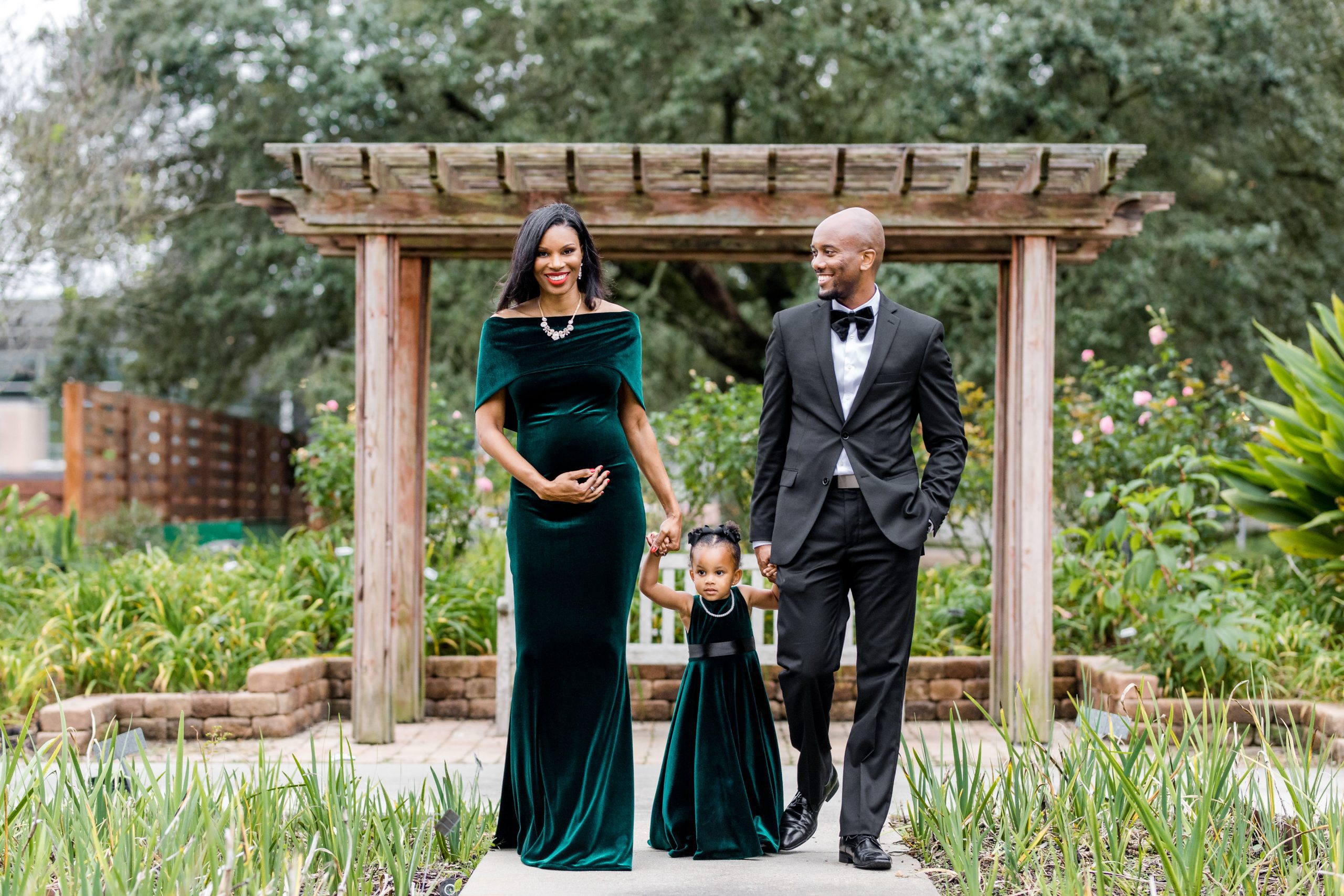

On April 27, 2015, I responded on Facebook:
“Tonight, I’m reminded of a presentation at this year’s Louisiana State Bar Association Diversity Conclave… In response to a sweet Caucasian colleague’s testimony of raising her children to love all people by raising them to be “color blind,” the presenter challenged the audience to name 3 things we do better with our eyes closed… The truth is we cannot relate better “color blind” or by ignoring any other differences. Our differences will NOT go away! Consciousness is better than blindness on ANY day… Today, it is clear that EVERYone has “had enough.” There is a reason why people respond and/or react the way they do. I double dog dare you guys to learn more about the people or thing that upsets you most. Goodnight…”
Bevin, of Lola Magazine, happens to be one of my oldest, sweetest friends. She immediately took me up on my “double dog dare.” If I remember middle school accurately, Bevin has never been one to back down from a dare. On this occasion in 2015, Bevin came to me and shared her heart. Additionally, she asked for my perspective. Bevin promised, “I will be the first to correct others if you can help me understand.” I believed her.
Privilege is a special right, advantage, or immunity granted or available to a particular person or group of people. I believe one of the most valuable aspects of White Privilege is the ability to ignore racial issues. We don’t get to do that. The next time you are tempted to say, “let’s agree that ALL lives matter and stop making everything about race,” please consider the following:
How often are you in social settings where the majority of the attendees are of a different race?
How many of your college professors were of the same race of you?
Do you have to supplement your child’s education in order to ensure she learns the truth about her heritage?
When you take your child to see Santa, can you expect that Santa will be of the same race as your child?
Do you have any fears that your husband will be murdered if he is pulled over for a traffic infraction?
Are you ever asked to speak on behalf of everyone in your racial group?
Is it easy to find toys that reflect your child’s race?
I could easily spend the day asking these types of questions. The truth is you aren’t colorblind. I’m willing to bet you notice when you’re the only white woman in a room full of black people. THAT is the story of my life, though. I was one of 10 black graduates in my class from LSU Law in 2008. There was one black professor in the entire school. One of my classmates said, “When we were at LSU Law, I never felt more black or more poor.” The comment still hits me like a ton of bricks.
Your privilege oppresses us. I don’t say that in a condemning way. It is simply a reality. Nobody ever asks you to reflect on your status of privilege, even when minorities suffer due to your decision to ignore our differences. If you choose to ignore our differences, you will never see me. You will never understand how our differences affect our perspectives. Your lack of awareness concerning our daily oppression contributes to the systemic barriers that divide us.
A couple of weeks ago, when engaged in a conversation concerning racial reconciliation, I heard a local pastor say, “The best time to tell the truth is right now.”
The truth is the first time I voted for Barack Obama, I voted for him because he was black. When I see pictures of him and his family today, I still smile. During those eight years of his presidency, which he maintained “scandal-free,” I felt so proud to be black. President Obama represented us well. Many see men like that as exceptions. I’ve even heard, “Ashley, you’re different than them” all of my life. It’s insulting. My life is filled with well-educated, passionate, loving black men and women. Perhaps your stereotype is the exception.
I “fit in” well with white people. Some of my best friends from law school are white. I maintain a pretty lively text message group with my white law school friends. I also maintain one with a group of black women colleagues. During the “lockdown of 2020,” my white friends and I have spent so much time exchanging recipes, design tips, and fun kid stories. My black friends and I have spent the time encouraging one another from the back to back to back murders of unarmed black victims at the hands of police. We have discussed candidates of local elections and opportunities for reform. I can’t help but wonder how well I would really “fit in” if I started making my unique concerns priorities in conversations with my white friends.
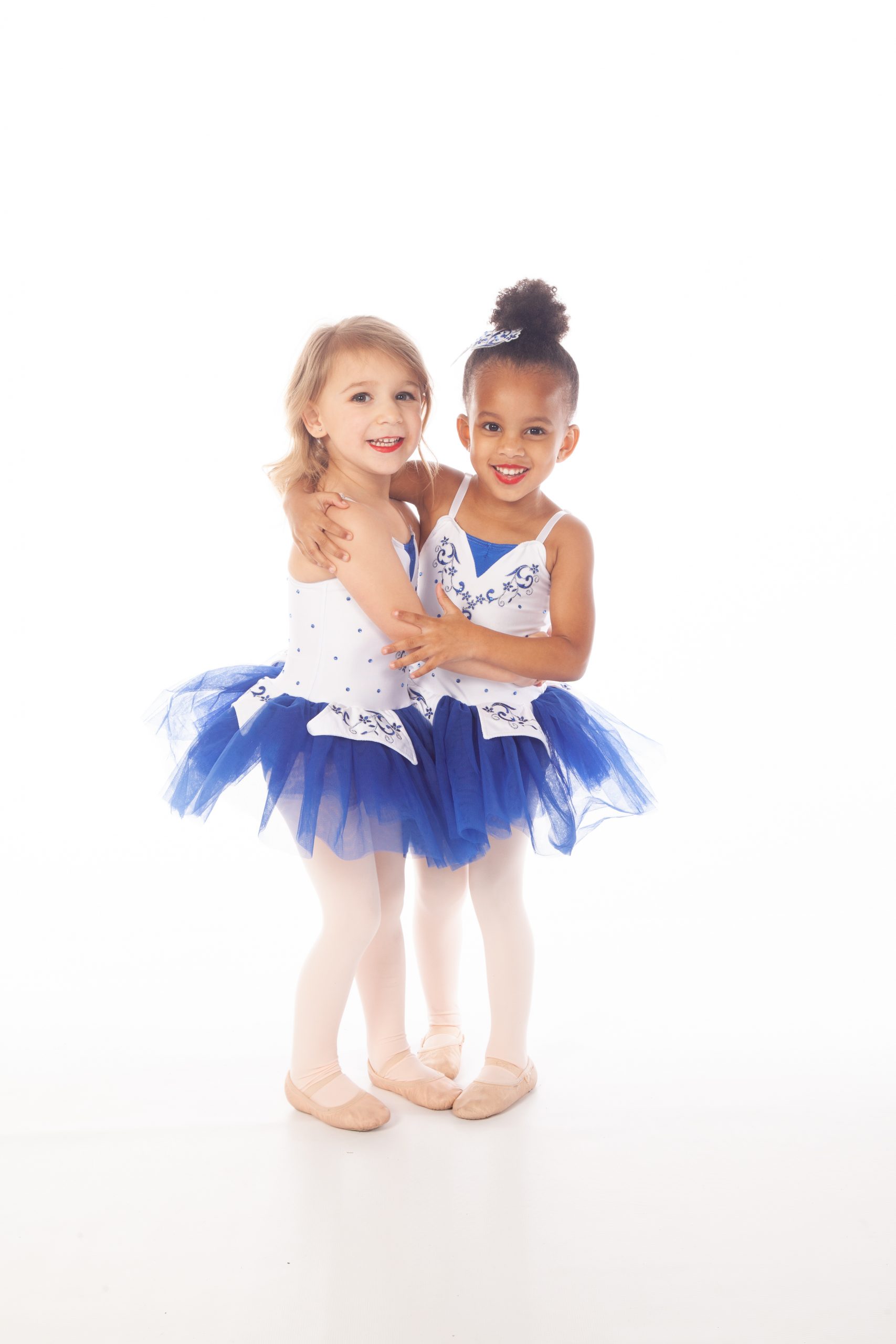

Black lives do matter. Black representation does matter. I know it matters because my Lillian Charlotte, who is obsessed with all princesses, stuttered in excitement when she met Princess Tiana on our recent Disney Cruise. We would be a more progressive and loving nation if we were so committed to conforming to standards that white people have established. White people could probably not imagine how much we remain quiet in efforts to keep things peaceful. Today, I recounted an experience I had in law school. A constitutional law professor gave me a gift on Emancipation Proclamation Day! He asked the class to honor the (two) black students because it was the day the status of slaves changed to free. I told the story on Facebook. People were appalled. In class, nobody said anything. Not even me. I want my girls to feel empowered to speak against that type of disgusting behavior. I never should have experienced that.
Somebody should have said something. When you see something wrong, say something. Haley and Associates, my law firm, represents several families who have suffered terrible losses because a “bad cop” didn’t value a black life. To some, it would be surprising how simple encounters escalate to irreversible damage and death. It happens OFTEN. I don’t believe you have to be a perfect citizen to be valued.
“Optimistic Ashley,” says, “Perhaps people just don’t realize our daily experiences are so different. If they knew, they would seek more opportunities to educate themselves.” Where do we go from here? If you want to sit back and enjoy your privilege, do it. Nobody can take that away from you. If you want to see change, I have some advice. My experience has been that people are more open and honest in groups where they feel safe. My local Junior League has provided safe spaces for us to have beautiful and brutal conversations about race. I appreciate that we all have the privilege of influencing our respective spheres of influence. If you don’t currently have a safe place to exchange, read a book. When you learn something different, do something different.
